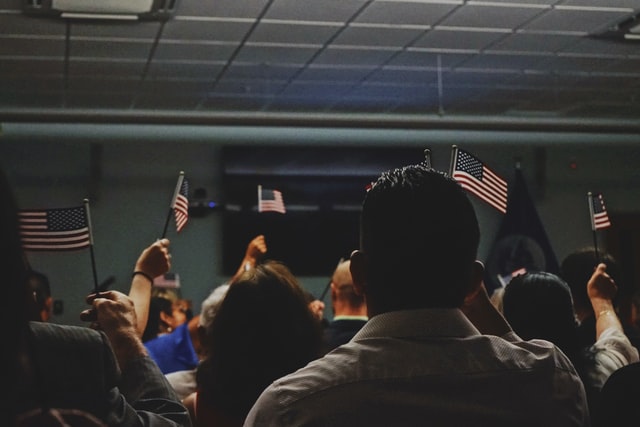An H-1B visa is typically the only practical way for a foreign national to work long-term in the United States. However, several sources have confirmed the Trump administration will soon implement new restrictions on H-1B visa holders and international students, intracompany transferees and likely even the spouses of high-skilled professionals.
An analysis of immigration law and regulations, as well as recent administration actions, leads to the conclusion a combination of methods will be used to implement the restrictions.
Blocking New H-1B and L-1 Visa Holders: The April 22, 2020, presidential proclamation suspended the “entry” of most immigrants. (H-1B visa holders are not immigrants; they have temporary status.) The word “entry” appears more than a dozen times in the proclamation. That is because attorneys note a president’s authority under Section 212(f) of the Immigration and Nationality Act can be used against the “entry” of people, as opposed to actions inside the country. “A proclamation issued under 212(f) may only restrict the entry of foreign nationals,” according to the law firm Berry Appleman & Leiden. “It may not be used to deny a petition to change or extend status, or to deny an application to adjust status.”
Given that limitation, a new presidential proclamation may suspend the entry of H-1B and L-1 visa holders, or achieve a similar result by imposing new conditions on their entry. Administration officials have discussed preventing the entry of H-1B visa holders who are not paid at the highest wage level – Level 4 – under the U.S. government’s prevailing wage criteria, even if the individual is applying for their first job. A National Foundation for American Policy analysis concluded such a requirement would become burdensome by creating exceptionally high minimum wages for H-1B visa holders: more than $254,000 a year for a financial manager in New York City, $144,165 annually for a biochemist in Chicago, including post-docs, and $172,640 for a software developer in Silicon Valley.
L-1 visa holders are multinational executives or managers, or employees with “specialized knowledge” transferred into the United States. The job protection arguments around L-1 visa holders are puzzling, since such individuals already work for the company. Preventing their entry will discourage businesses, particularly multinational companies, from investing more in the United States. Why invest in America if the U.S. government will not let you transfer your employees into the United States?
“Preventing businesses from transferring their highly talented workers into the U.S., even temporarily, will limit their ability to do critical scientific research, build new product lines, generate economic growth and create new jobs,” said Jon Baselice, executive director for immigration policy at the U.S. Chamber of Commerce, in an interview.
Using Regulatory Authority for H-1B, OPT, L-1 and H-4 Spouses: To impose new restrictions affecting international students, L-1 intracompany transferees and H-1B visa holders and their spouses the administration would need to use regulatory authority, which may include issuing regulations that have been on the agenda for months or years.
A rule on H-1B visas already on the Trump administration’s regulatory agenda would “revise the definition of specialty occupation . . . and revise the definition of employment and employer-employee relationship.”

